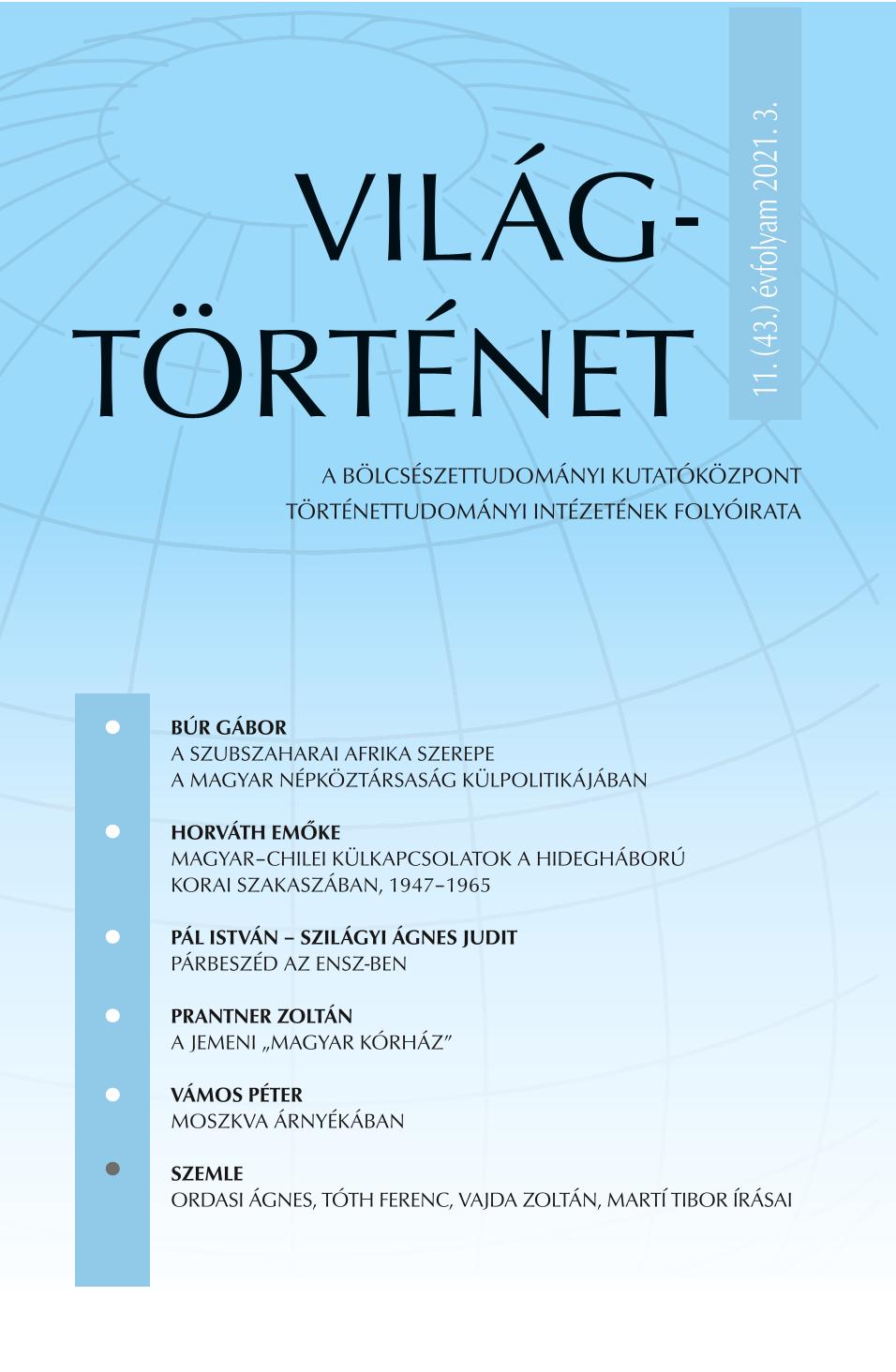Havannai emberük? Az Egyesült Államok és a Batista-puccs
Their Man in Havana? The United States and Batista’s Coup d’État of 1952
Author(s): László KupiSubject(s): Diplomatic history, Post-War period (1950 - 1989)
Published by: Magyar Tudományos Akadémia Bölcsészettudományi Kutatóközpont Történettudományi Intézet
Summary/Abstract: On March 10, 1952, General Fulgencio Batista carried out a coup in Cuba. Although the takeover was bloodless, it caused great shock to almost all sections of the population as it forcibly ended the short democratic period of the independent Cuba. Based on relations between the two countries in the 20th century, both foreign and Cuban public opinion suspected the United States in the background, and it was expected that the northern neighbor would be among the first to recognize the new regime. However, this had to wait a remarkably long time. Sources testified that not only was the U.S. government not organizing the coup, but its own embassy was also unexpectedly affected by the events, so it reacted rather coolly. Batista was also sure of the favorable American reception, but he had to be disappointed. After a protracted diplomatic game, the U.S. government finally recognized the new system more than two weeks later. The proverbially good relationship between the United States and the Batista regime did not begin smoothly.
Journal: Világtörténet
- Issue Year: 2021
- Issue No: 3
- Page Range: 393-419
- Page Count: 27
- Language: Hungarian

